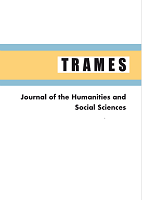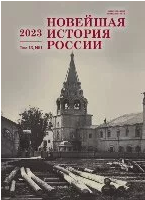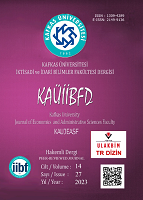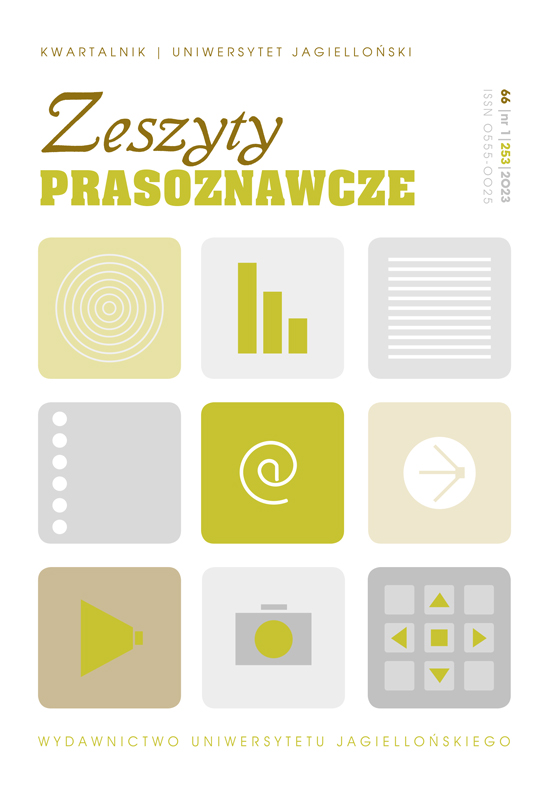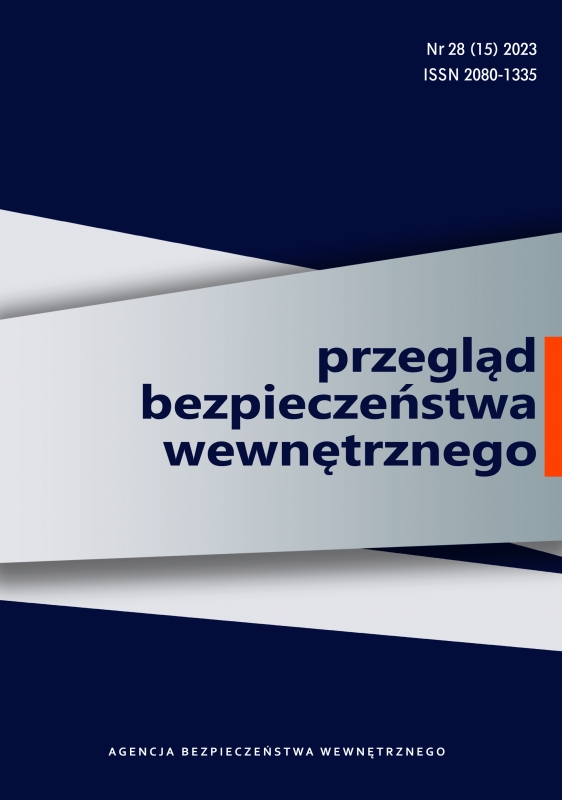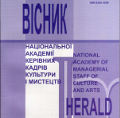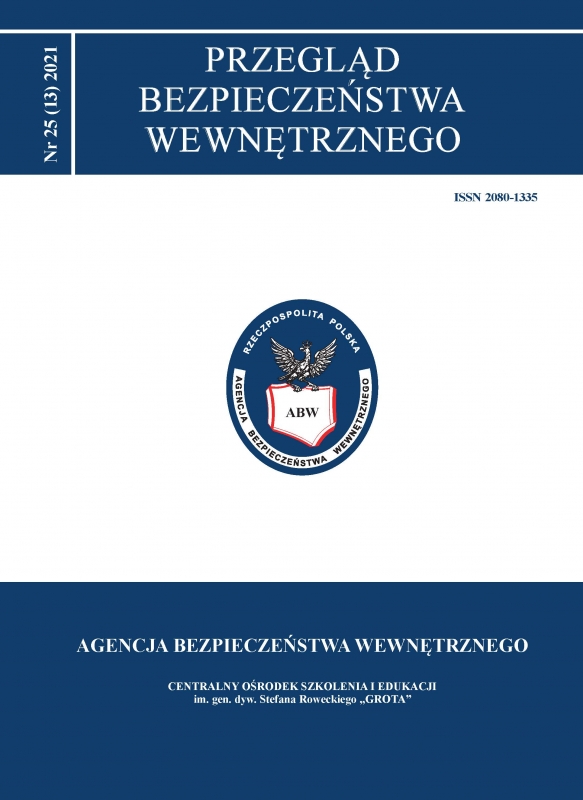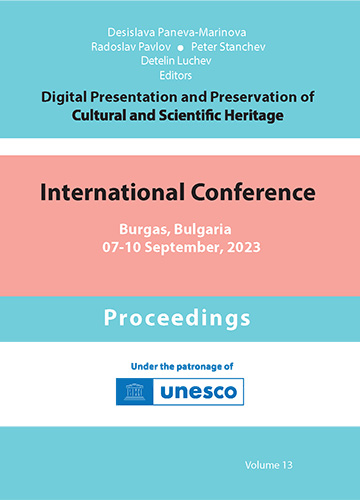БЕНЧМАРКІНГ ДИСТАНЦІЙНИХ ПОСЛУГ БІБЛІОТЕК УНІВЕРСИТЕТІВ УКРАЇНИ
The purpose of the study is to compare remote services of book collections that are leaders among the libraries of pedagogical, special, technical and classical institutions of higher education and to determine the institution with the largest list of remote services. The research methodology consisted of the method of analysis, synthesis, comparison, review and analysis, generalization, and benchmarking. The scientific novelty consists in identifying the leading libraries of Ukrainian universities that provide the widest range of remote services during quarantine restrictions and martial law. Conclusions. The article conducts a comparative analysis of library websites that were identified as leaders in providing remote services during quarantine restrictions and martial law. A number of remote library services were identified. As a result, the study showed that, on a parity basis, the leaders in the provision of remote services are the scientific and technical library named after G.I. Denysenko KPI named after Igor Sikorskyi and the library of Sumy State University. The library of Sumy State University carries out online user registration, provides the service of thematic selection of literature for educational and scientific works, online services for the assignment of classification indexes, electronic delivery of documents. Library employees conduct remote consultations and trainings on a wide range of issues. The library provides remote access to Scopus, Web of Science, SciVal, Springer Nature, MedOne Education databases. Users can ask questions or get advice in real time using the online consultant. Scientific and technical library named after G.I. Denysenko KPI named after Igor Sikorsky provides an opportunity to use the service of electronic delivery of documents, online determination of the UDC index, virtual help service, remote access to materials available only on the university's local network. Online events are offered, individual online consultations are actively provided, library specialists perform a selection of information sources by topic. Users can communicate with librarians of the scientific and technical library named after G.I. Denysenko through the online chat on the library's website.
More...
